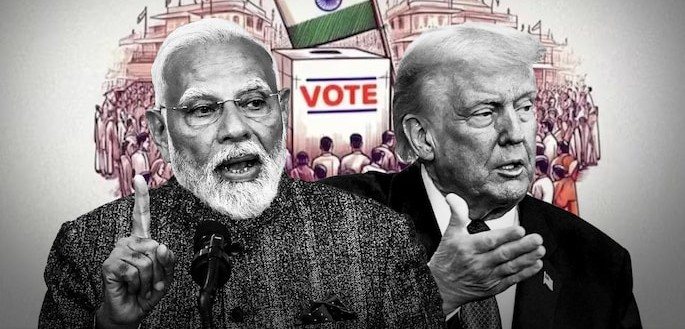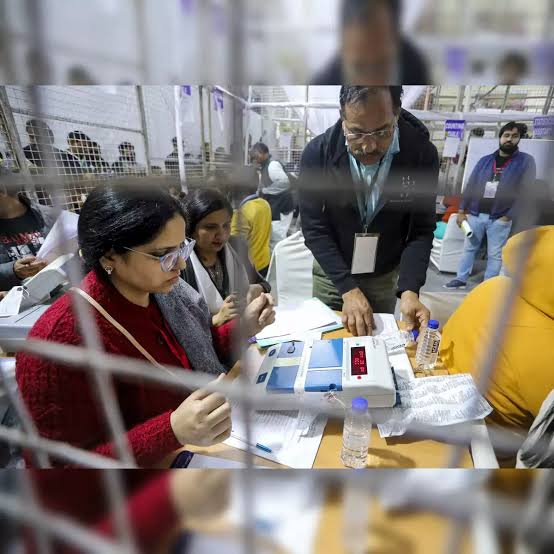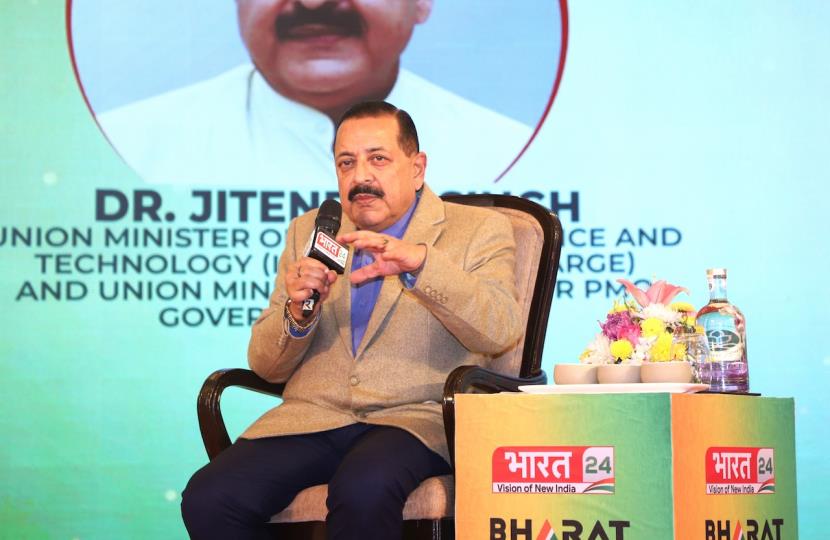The recent annual report from the Finance Ministry has drawn attention to USAID’s funding activities in India, revealing that the U.S. agency supported seven major projects with a total investment of $750 million (approximately Rs 6,500 crore) in 2023-24. The funded projects primarily focused on crucial areas such as agriculture, water, sanitation, renewable energy, disaster management, and health. However, the report did not mention any allocations for initiatives related to voter turnout, a topic that has recently become the center of a heated political debate.
 Controversy erupted earlier this month when allegations surfaced claiming that USAID had directed funds to influence voter participation ahead of India’s 2024 general elections. The matter gained further traction when U.S. political figures, including former President Donald Trump, suggested that under the Biden administration, a $21 million grant had been earmarked for voter turnout efforts in India. These claims were met with concern in India, prompting External Affairs Minister S. Jaishankar to state that the government was looking into the matter. He emphasized that USAID operates in India under the assumption of mutual trust and that any activities conducted in “bad faith” would be thoroughly scrutinized.
Controversy erupted earlier this month when allegations surfaced claiming that USAID had directed funds to influence voter participation ahead of India’s 2024 general elections. The matter gained further traction when U.S. political figures, including former President Donald Trump, suggested that under the Biden administration, a $21 million grant had been earmarked for voter turnout efforts in India. These claims were met with concern in India, prompting External Affairs Minister S. Jaishankar to state that the government was looking into the matter. He emphasized that USAID operates in India under the assumption of mutual trust and that any activities conducted in “bad faith” would be thoroughly scrutinized.
The Finance Ministry’s report categorically outlined the nature of USAID’s financial assistance to India, listing projects in key sectors like food security, climate adaptation, and energy efficiency. It reiterated that no funds were allocated for election-related initiatives, seemingly countering the allegations that have fueled political discourse in recent weeks. Congress leaders, however, accused the ruling BJP of amplifying misleading claims from U.S. sources without verifying their authenticity. Congress General Secretary Jairam Ramesh strongly criticized the BJP, calling it a “procession of liars” and pointing out that the $21 million figure cited in allegations was actually designated for Bangladesh, not India.
The political back-and-forth reflects deeper tensions over foreign influence and transparency in electoral processes. India has long maintained strict oversight of foreign funding in politically sensitive areas, and the current controversy underscores the sensitivity surrounding any external involvement in its democratic processes. While USAID has provided over $17 billion in assistance to India since 1951, primarily for developmental and humanitarian projects, any hint of electoral interference—whether real or perceived—remains a contentious issue.
As the government continues its investigation, both sides of the political spectrum are using the situation to bolster their narratives. The BJP is positioning itself as a defender of India’s sovereignty against external influence, while the opposition is accusing the ruling party of exploiting unverified claims for political gain. The coming weeks may provide more clarity, but for now, the Finance Ministry’s report serves as an official stance refuting allegations of USAID’s involvement in India’s voter turnout efforts.




